WSIS Action Line C2 Information and communication infrastructure
International Telecommunication Union
Session 390
The Role of Emerging Technologies and AI in Advancing WSIS Action Line C2 Goals
Background
This session will explore how Emerging Technologies and Artificial Intelligence (AI) tools will engage on discussions with stakeholders from public and private sectors the development of reliable, inclusive, and sustainable ICT infrastructure, aligning with the objectives of WSIS Action Line C2. Participants will examine practical applications of AI, such as optimizing network deployment, improving resource allocation, and enhancing connectivity in underserved areas, with a focus on creating resilient and scalable systems.
The session will also highlight challenges associated with AI integration, including ethical considerations and equitable access. Experts will discuss strategies to ensure responsible and inclusive deployment of AI tools that benefit all communities while addressing the digital divide.
Through case studies, expert insights, and collaborative dialogue, this session aims to identify actionable recommendations for leveraging AI to accelerate ICT infrastructure development, support innovation, and contribute to achieving the Sustainable Development Goals (SDGs).
Topics of discussion:
Assess the relevance of AI in bridging digital infrastructure gaps through a high-level panel discussion.
Review AI-powered infrastructure solutions and use cases developed to support infrastructure planning and decision-making.
Reflect on how to strengthen partnerships with the private sector and public actors to scale digital infrastructure efforts.
Identify the importance of inclusive, forward-looking policy frameworks that enable safe, secure, and ethical deployment of AI in connectivity infrastructure.
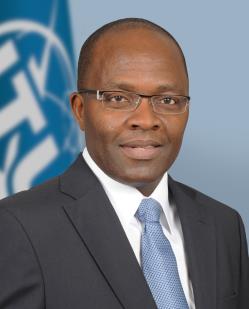
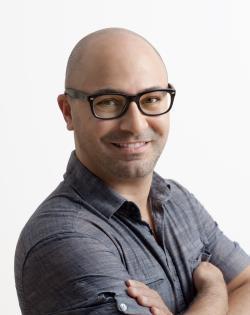
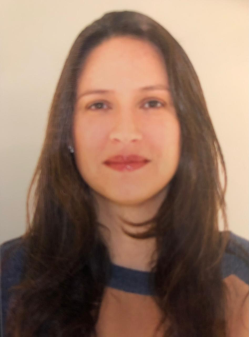
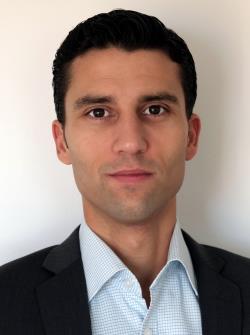
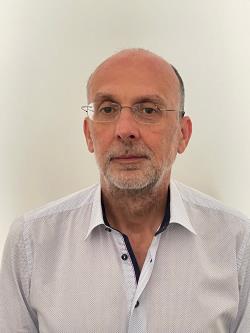


-
 C2. Information and communication infrastructure
C2. Information and communication infrastructure
-
 Goal 1: End poverty in all its forms everywhere
Goal 1: End poverty in all its forms everywhere
-
 Goal 4: Ensure inclusive and equitable quality education and promote lifelong learning opportunities for all
Goal 4: Ensure inclusive and equitable quality education and promote lifelong learning opportunities for all
-
 Goal 5: Achieve gender equality and empower all women and girls
Goal 5: Achieve gender equality and empower all women and girls
-
 Goal 7: Ensure access to affordable, reliable, sustainable and modern energy for all
Goal 7: Ensure access to affordable, reliable, sustainable and modern energy for all
-
 Goal 9: Build resilient infrastructure, promote sustainable industrialization and foster innovation
Goal 9: Build resilient infrastructure, promote sustainable industrialization and foster innovation
-
 Goal 16: Promote just, peaceful and inclusive societies
Goal 16: Promote just, peaceful and inclusive societies
-
 Goal 17: Revitalize the global partnership for sustainable development
Goal 17: Revitalize the global partnership for sustainable development